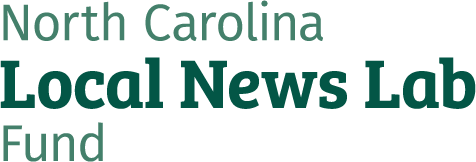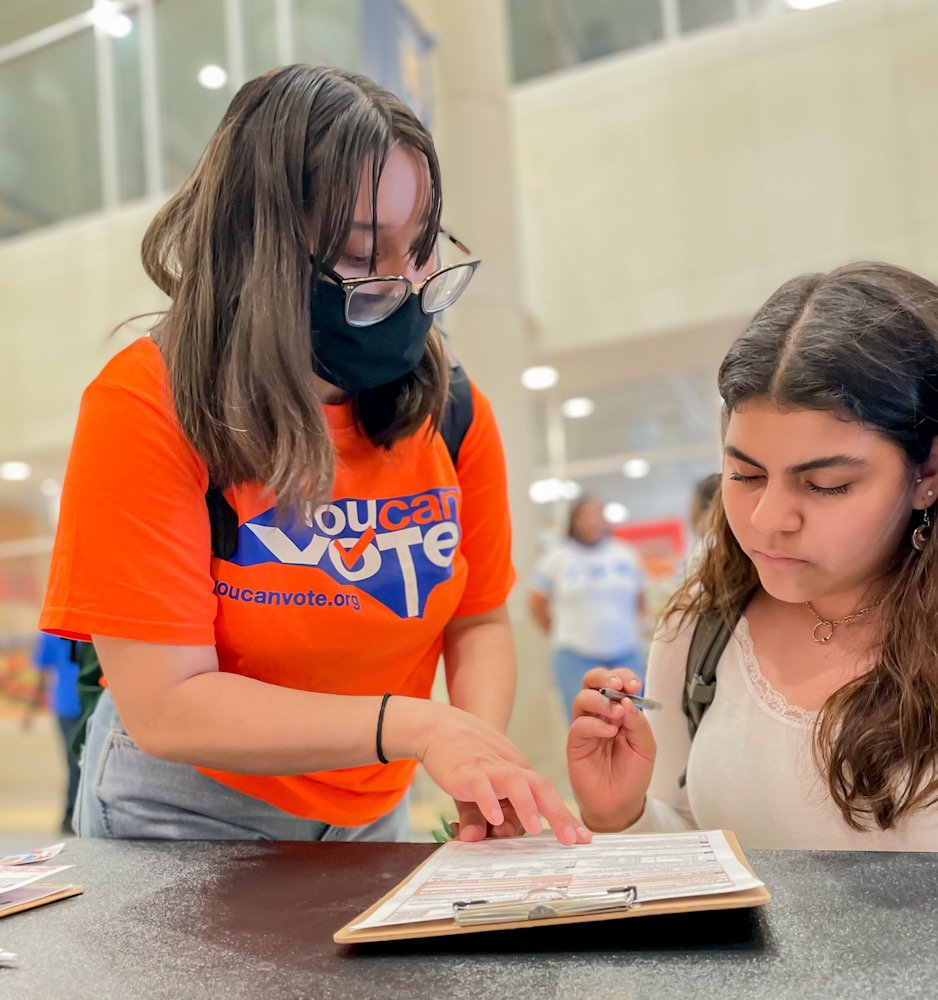An electric co-op deployed Wi-Fi hotspots in northeastern North Carolina, connecting thousands of kids and families to the internet
The Roanoke Center
Whether it’s to stay connected with family, log in to virtual school, or learn about local COVID-19 vaccination sites, access to the internet is a critical piece of everyone in North Carolina’s lives.
But in the northeastern region of North Carolina, residents have some of the most limited broadband access in the entire state, which is largely a consequence of private sector companies buying contracts to provide broadband—and then not delivering. The policies that allow companies to secure these contracts, pay minimal fees, and then not provide the promised service actively undermine infrastructure for a news and information ecosystem where everyone has access to high-quality, trustworthy information when they need it.
While access to broadband has long been an issue for these communities, the COVID-19 pandemic further exposed the digital divide. Remote learning and at-home isolation meant that a lack of a stable internet connection further disconnected community members from school and critical public health updates. Roanoke Electric Cooperative and their sister organizations, Roanoke Economic Development and Roanoke Connect Holdings, were determined to increase people’s access to Wi-Fi in some of their communities’ poorest Census tracts.
With funding from the North Carolina Local News Lab Fund, Roanoke Electric Co-op was able to deploy 16 Wi-Fi hotspots in parking lots and at local businesses that were easy for families and kids to access. Roanoke Electric Co-op, which has built strong local relationships since 1938, also helped families navigate the cumbersome process of securing emergency broadband relief funding. Due to the challenging paperwork and changing eligibility criteria, less than 35 families in this area had secured the credits. Roanoke Electric Co-op was able to not only help people through this process, but also document the policies that make it difficult for families in rural areas to secure broadband access.
Reliable Wi-Fi meant community members could stay plugged in when the pandemic moved the public square online. By addressing the systemic rural disinvestment that’s contributed to the lack of broadband access, this work filled infrastructure gaps that enabled news and information to flow more easily.









